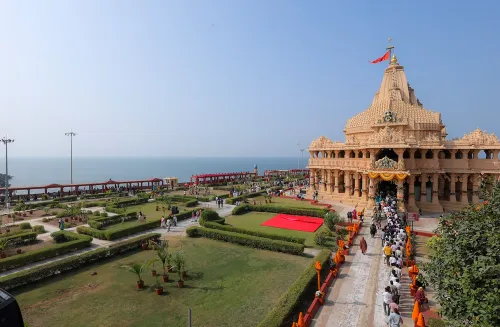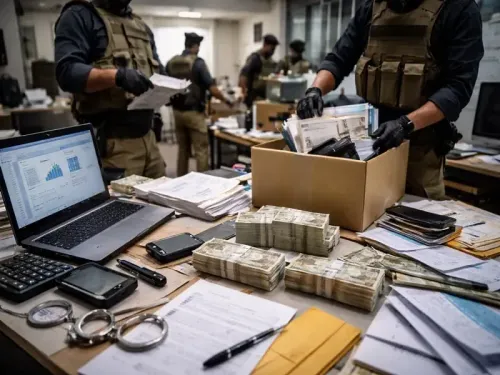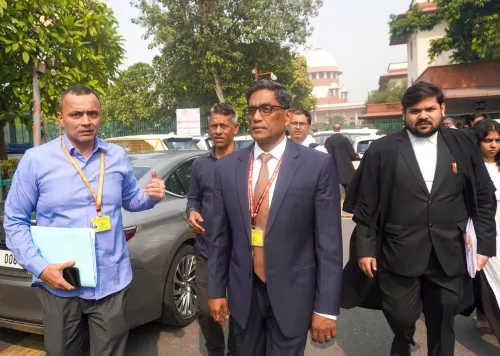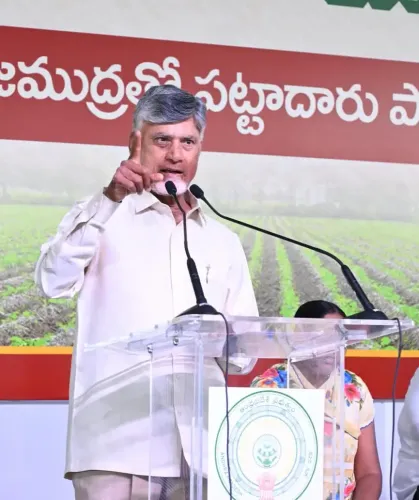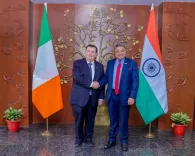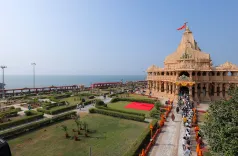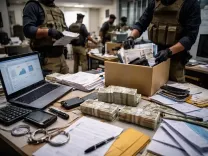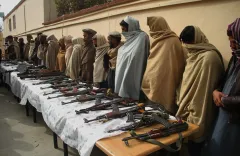Will India Witness a Peaceful Democratic Transition in Bangladesh?
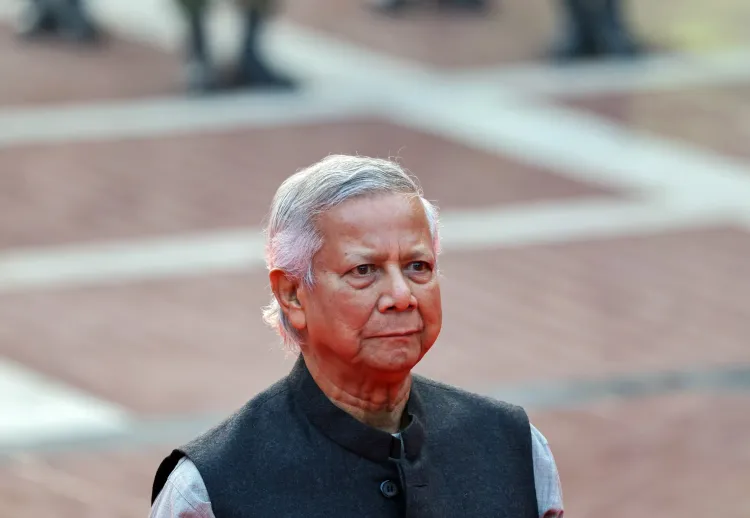
Synopsis
Key Takeaways
- India emphasizes a peaceful transition in Bangladesh.
- Upcoming elections are crucial for the country's future.
- Free and fair elections are essential for democracy.
- Political parties often have diverse opinions.
- The outcome will shape the political landscape of Bangladesh.
New Delhi, Sep 26 (NationPress) On Friday, India expressed its hope for a smooth and peaceful democratic transition in Bangladesh via free, fair, credible, and inclusive elections, which are scheduled for next year.
During a regular press briefing in New Delhi, the Ministry of External Affairs (MEA) spokesperson, Randhir Jaiswal, was questioned about the recent success of the Jamaat-e-Islami's student organization, Islami Chhatra Shibir (ICS), in the Dhaka University Students Union elections, marking its first win since Bangladesh's independence in 1971.
The ICS was notably influential in the ousting of former Prime Minister Sheikh Hasina in August 2024 and was identified as the third most active non-state armed faction in a 2013 study.
“I have no remarks on the university elections that have taken place in Bangladesh. However, regarding the parliamentary elections slated for February next year, we have consistently emphasized our anticipation for a smooth and peaceful democratic transition through free, fair, credible, and inclusive elections,” stated Jaiswal.
Earlier this month, Muhammad Yunus's Press Secretary, Shafiqul Alam, revealed that the general elections are expected to occur by February 15, 2026.
While speaking to reporters in Sreepur Upazila of Magura district, he confirmed that elections will proceed as planned by the interim government, despite differing opinions among political factions.
“Disagreements are natural within any political party. If everyone agreed, there would only be one party. Nonetheless, we reaffirm that the elections will happen by February 15,” quoted the leading Bengali daily ‘Jugantor’.
Emphasizing the importance of timely elections, Alam cautioned against any attempts to disrupt the electoral process.
“There is no chance of postponing the election. Any malicious attempts to interfere with this process will not be successful,” he asserted.
“This election will not only shape the future of governance but also establish the foundation for future elections and the overall political landscape of Bangladesh,” he added.
Bangladesh has faced uncertainty regarding the upcoming general elections following the overthrow of the democratically-elected Awami League government led by former Prime Minister Sheikh Hasina amid violent protests last year.


